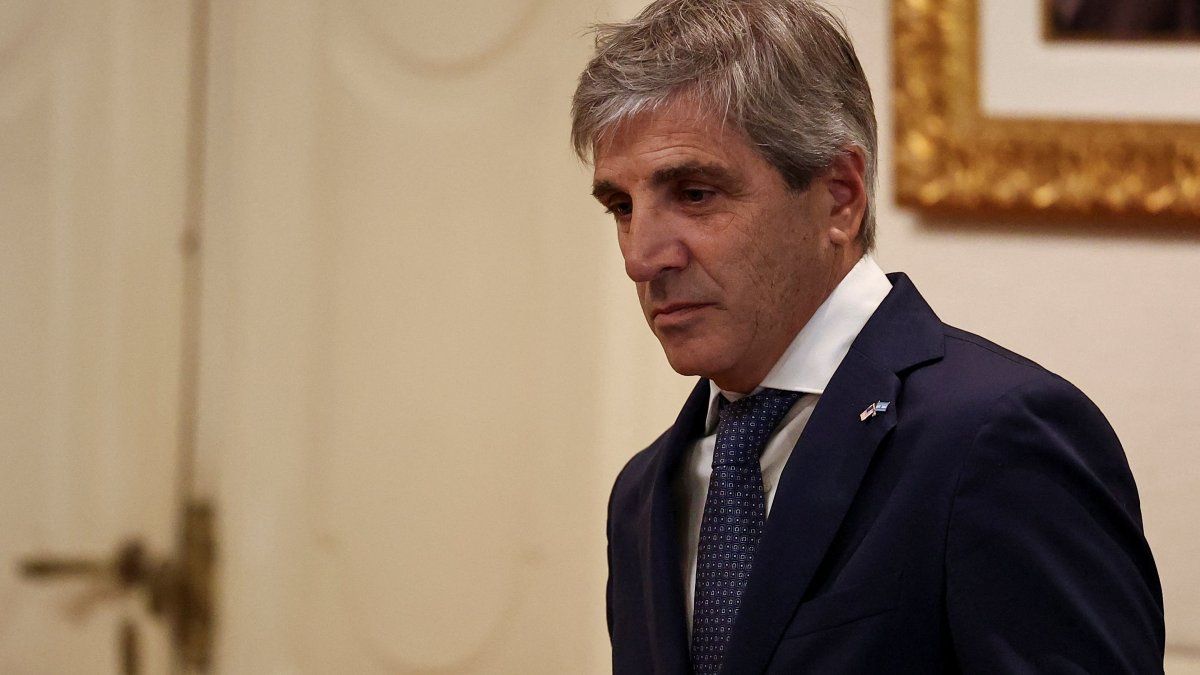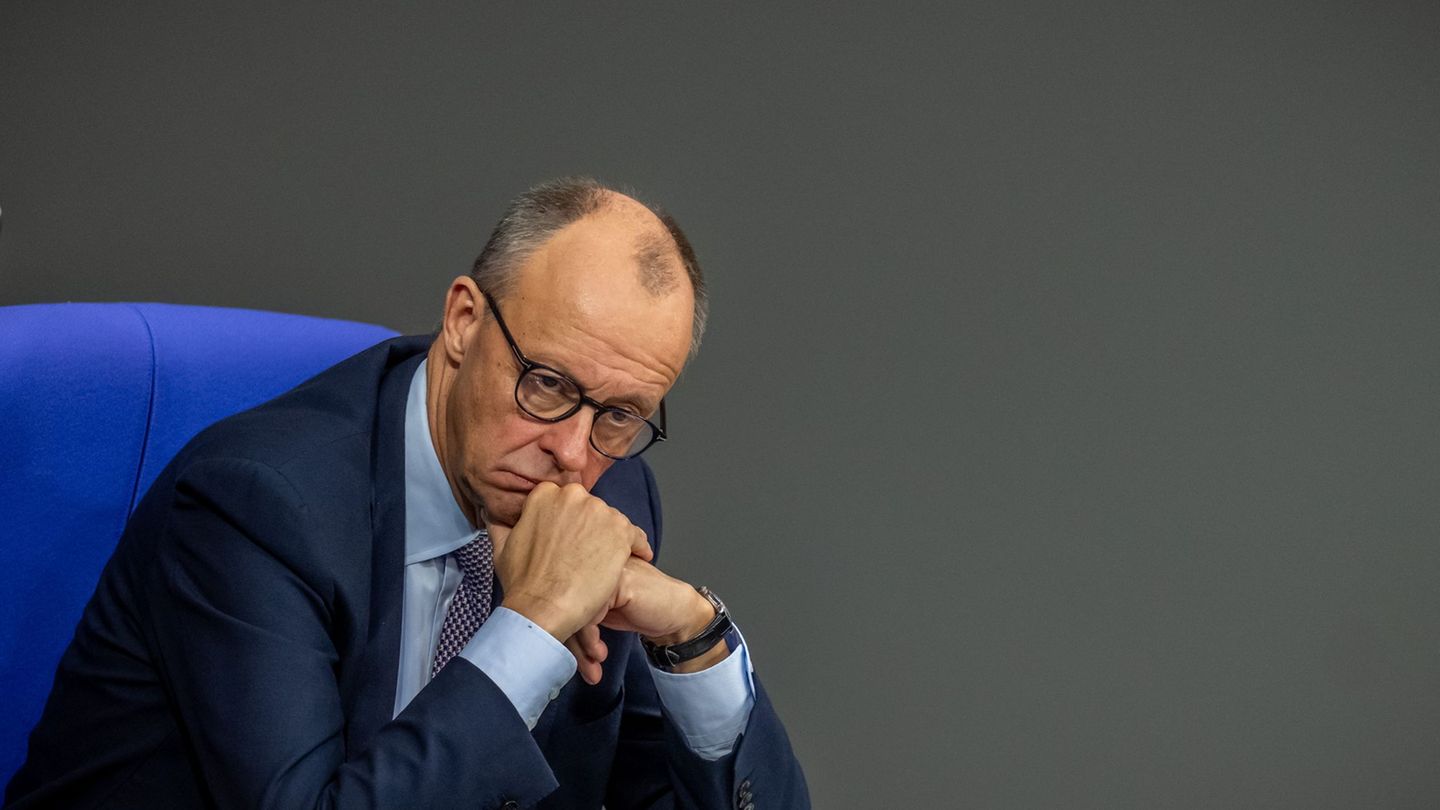He Executive power He delegated new powers to Luis Caputo’s portfolio, this time, in matters of public works. He did it through Decree 414/2024 which was published this Friday in the Official Gazette and which is in line with “the objectives and policies of the new government management”, as stated in the foundations. Are we facing a new super minister?
It had already been announced several months ago that the Ministry of Economy would be in charge of public works. in order to have greater control of the cutting of State expenses carried out by the current government. Javier Milei’s chainsaw completely reduced the investment in works and even, recently, some governors suggested taking charge of the maintenance of routes to avoid deterioration due to the measure of the National Executive.
Caputo, announced on December 12 of last year, just after assuming his mandate, a package of measures focused on the adjustment of the public spending which, among other points, put an end to tenders for Public Works from here on out. Furthermore, he said that uninitiated projects would be cancelled.
End to public works: chronicle of a death foretold
In a message recorded and broadcast this afternoon, the head of the Treasury Palace He reviewed the economic situation of public accounts and described the State’s fiscal deficit as the main problem to combat to lower inflation. “What we have come to do is solve this problem at its roots, so as not to have to suffer from inflation and poverty anymore,” he said.
In that context, andThe decree published today provides that the powers and obligations determined by law for the contracting and execution of constructions, works or services that have the character of public works are delegated to the Ministry of Economy. and for the acquisition of materials, machinery, furniture and elements intended for them, within the scope of their jurisdiction.
In addition, Economy is authorized to subdelegate powers in the Secretaries and Undersecretaries of their jurisdiction, competent in the matter.
The powers and footprint of the “Messi of Finance”, as Caputo is popularly known, are increasingly stronger in the current government administration. You already have control of the Central Bank (BCRA)having placed his partner in the consulting firm he ran before taking office as minister a few months ago in charge of the monetary regulator, also assumed control of the Energy area, is acting strongly in negotiations with other countries, such as Ukraine, and now assumes control of public works.
Is Caputo already super minister?
Could it be said that we are facing a super minister? Another throwback to the 1990s? “He falls within what can be called a super minister, but with some caveats. We can make the parallel with Domingo Felipe Cavallo, for example. At that time, the president was a politician and was not an economic thinker, so he delegated power to someone who had the theoretical and technical knowledge. While, in the case of Milei, he has the political vision of the economy and Caputo is a complement in the know-how. “He carries forward the logic of finance and administration,” he answers the query of Ambit he political analyst Federico González.
Thus, according to his vision, Although he is within the parameters of what we usually call a super minister, Caputo is more from the delegation of technical knowledge that reaches this place. and is a complement to Milei in what it entails carrying out day-to-day measures. To do this, the president grants him all the powers that he considers he needs.
He economist Hernán Letcherfor his part, agrees that “it is clear that Caputo accumulates superpowers“. However, he considers that the decision to transfer the power to control public works goes beyond that. “Putting public works at the head of the Minister of Economy who promotes the fiscal adjustment is a message to the markets that it is not there will be investment and that decision will not change,” says the director of the Center for Political Economy (CEPA). Thus, he considers that it is evident that any execution, even of pre-existing works, will be subject to the issue fiscal.
Source: Ambito




